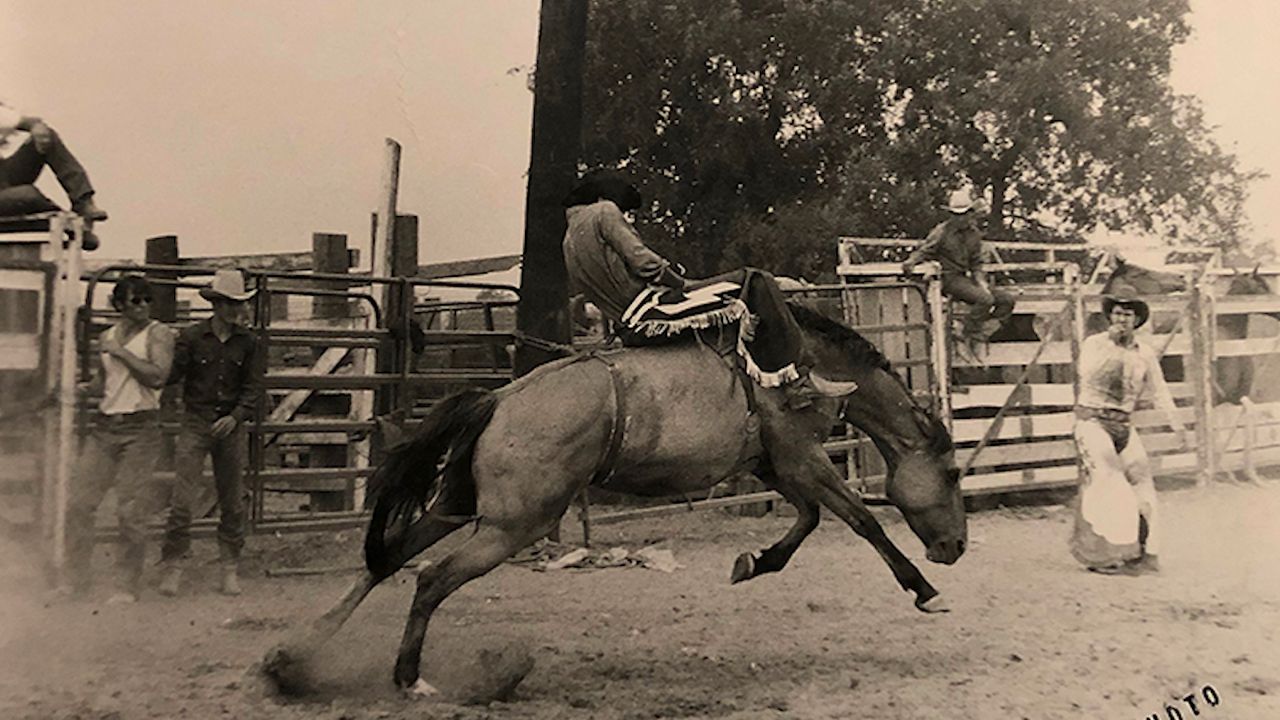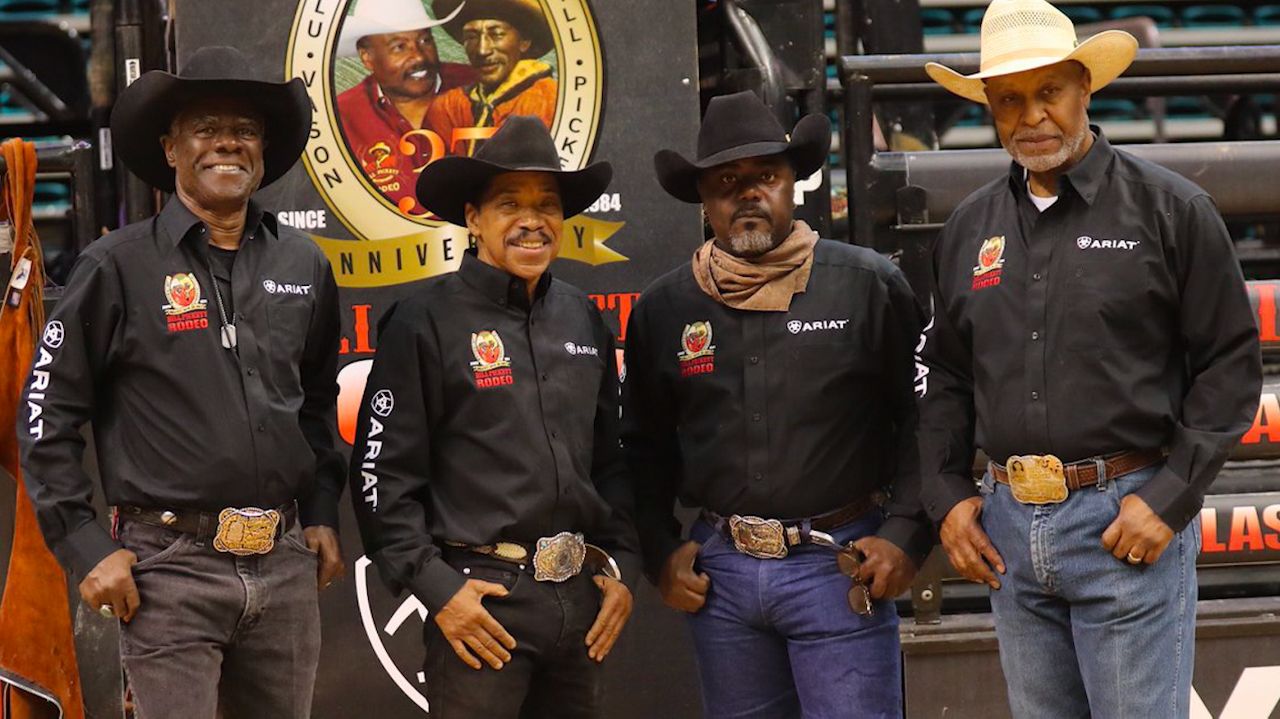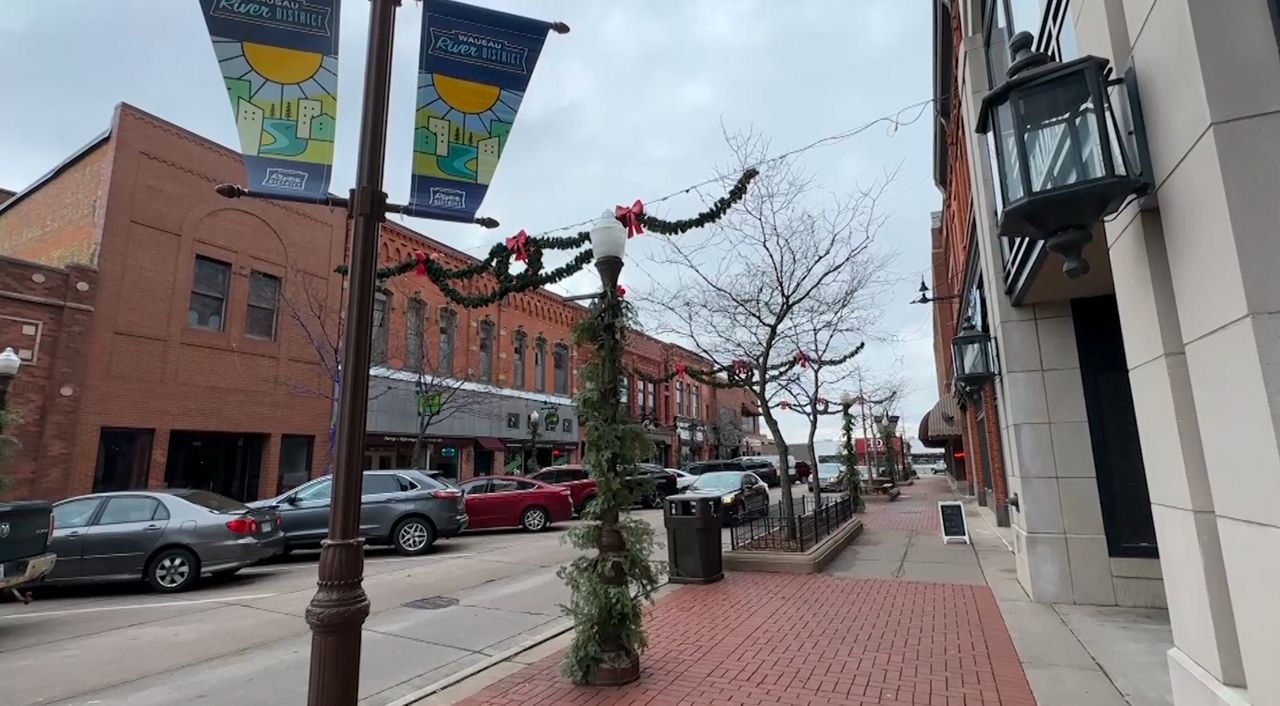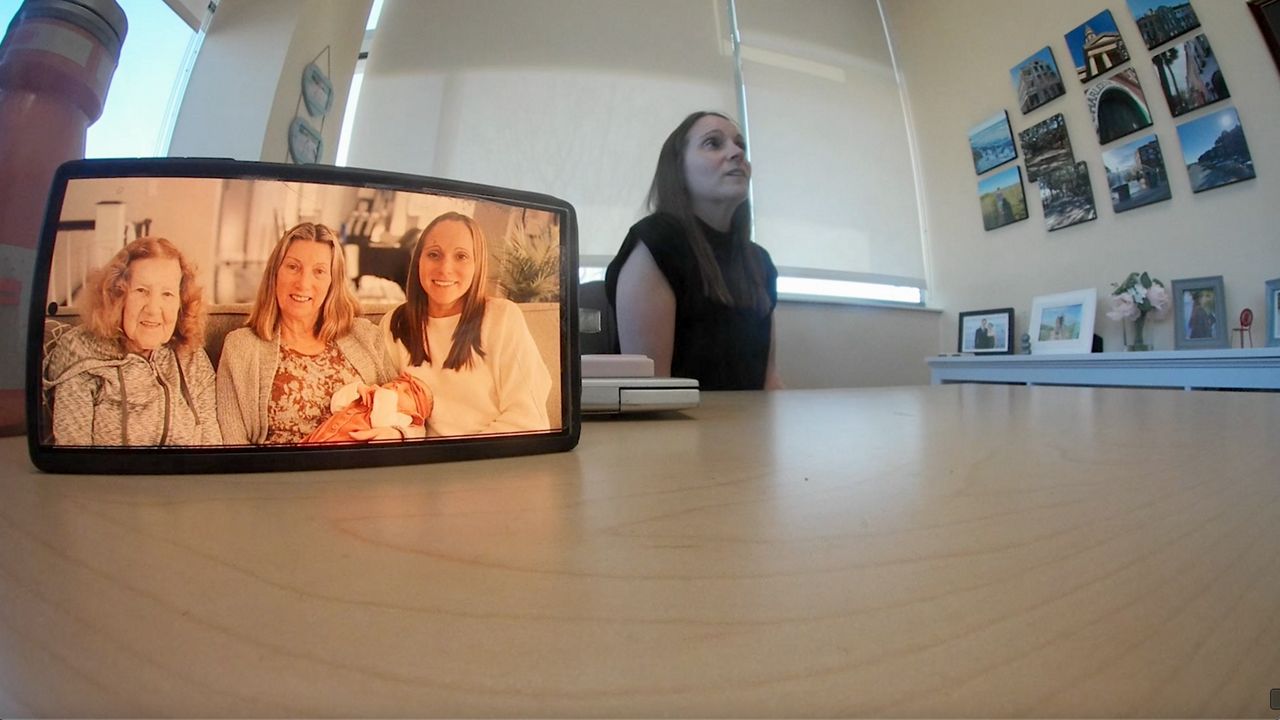OSHKOSH, Wis. — The American cowboy holds a unique place in U.S. history.
The sight of an iconic cowboy hat alone can evoke immediate recognition of a rugged lifestyle.
“That silhouette, if you will, of what you instantaneously, no matter where you are in the world, you can recognize even the shadow of a cowboy,” said Keith Ryan Cartwright, an author who grew up in Oshkosh.
Cartwright’s new book, “Black Cowboys of Rodeo - Unsung Heroes from Harlem to Hollywood and the American West,” features a part of history he saw as largely forgotten or even willfully ignored.

Cartwright explained that in the 1950s and 60s, when Hollywood popularized the western, Black cowboys were left out.
“Studio executives and network executives, they did not have the courage during segregation and later the civil rights movement, to put a Black man on a horse and allow them to be considered a hero,” Cartwright said.
He profiled about 150 cowboys in the book, including actor and horse whisperer, Obba Babatundé. He recalled growing up around horses and remembers his father breaking them.
“My dad had an old breaking saddle,” explained Babatundé. “He would throw that breaking saddle on that horse and just jump up there and whoever lasted the longest… well, that’s how the deal went down.”

Babatundé thinks Cartwright’s book helps set the historical record straight and will lead to more understanding of Black cowboys. He said, even with the misrepresentation in pop culture, he grew up appreciating the cowboy lifestyle.
“That’s all my dad watched. He was a cowboy,” Babatundé said. “The fact that I was able to sit and watch a western and somehow the essence of that would spur and awaken something inside of me. It’s an energy return.”
For the book, Cartwright crisscrossed the country. He conducted 500 interviews and spent 800 hours listening to accounts of those who lived the cowboy life.

“I was willing to be patient because I couldn’t find these stories anywhere else," Cartwright said. "Some of these folks right now today, they’re in their mid to late eighties, even ninety. If someone wasn’t going to listen to them soon, we were going to lose them."
Thanks to him, many of these stories are finally being told.
Keith Ryan Cartwright now lives in Tennessee and is working on a pair of follow-up projects: one on Black cowgirls and another on the Black Stuntman’s Association.









